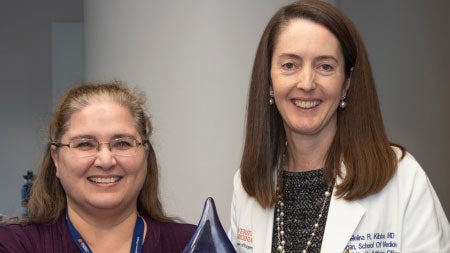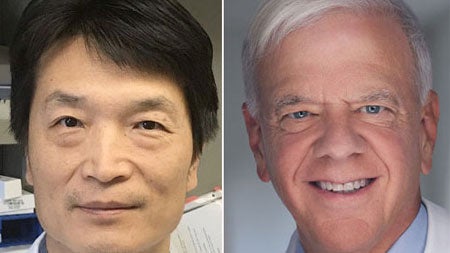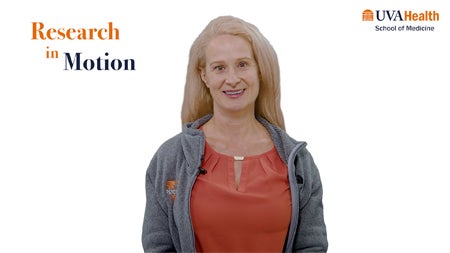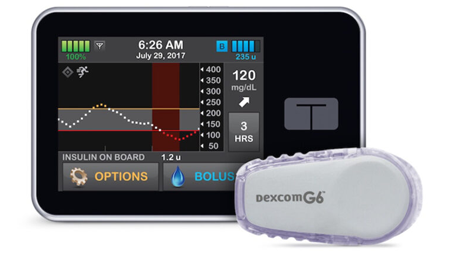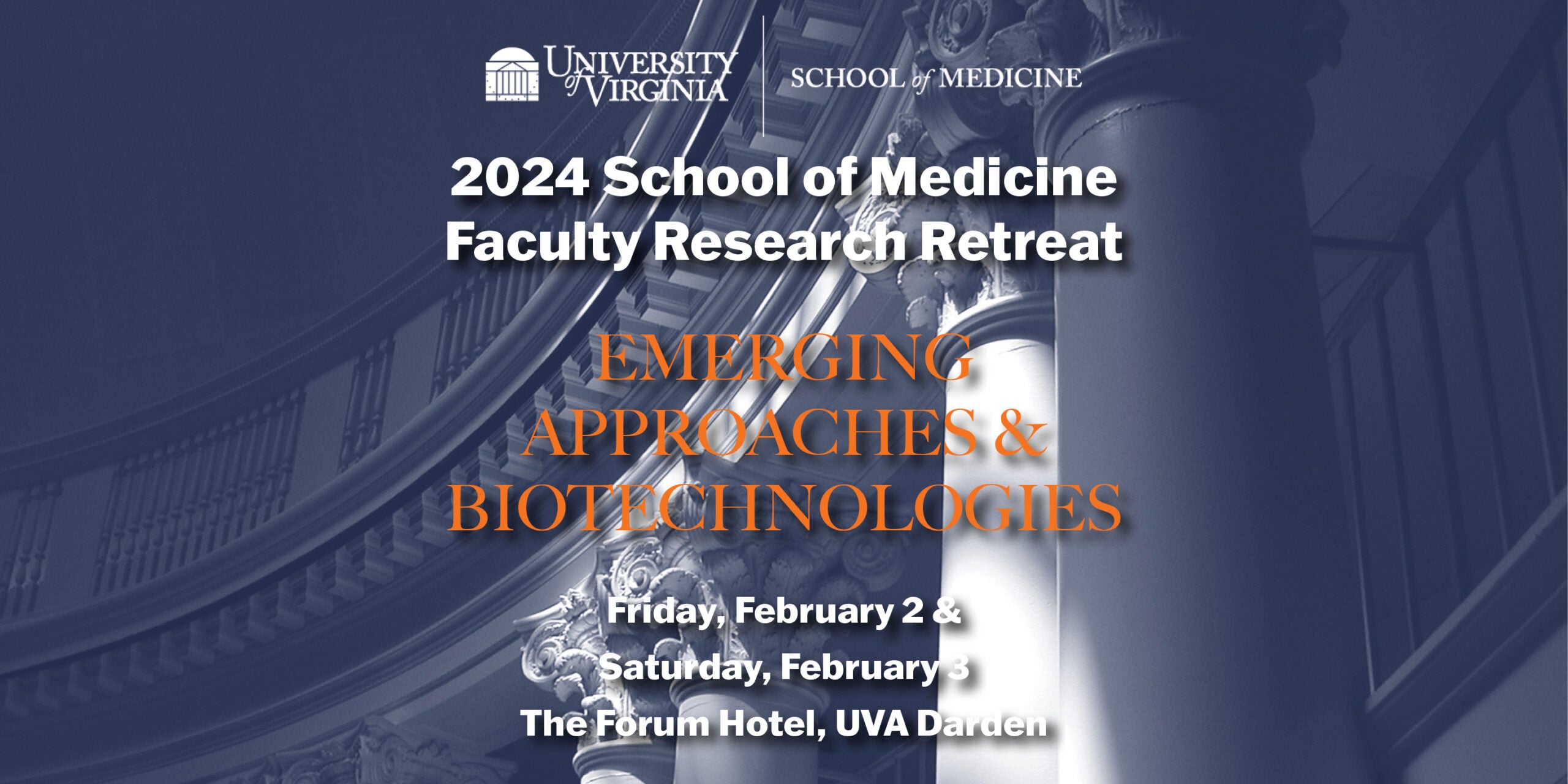Kibbe-Tsihlis Lab Wins UVA Office of Sustainability International Laboratory Freezer Challenge
1/24/2024
The UVA Office of Sustainability is pleased to announce the 2023 Freezer Challenge winner is the Kibbe-Tsihlis Lab. This year, UVA Green Labs programs saw a 56% increase in participation in…
Lian-Wang Guo, PhD, Awarded $2.8 Million to Study Vascular Stenotic Disease
1/24/2024
Lian-Wang Guo, PhD, a professor in the Department of Surgery, Division of Surgical Sciences, and Craig Kent, MD, a professor in the Department of Surgery and the chief executive officer…
Hervé Agaisse, PhD, Awarded $ 3.5 Million to Study the Role of Host Factors in Shigellosis
1/24/2024
Hervé Agaisse, PhD, a professor in the department of Microbiology, Immunology, and Cancer Biology, was recently awarded a five-year, 3.5 million R01 grant from the NIH to investigate the role…
Timothy Showalter, MD, Wins Prestigious UVA Innovator of the Year Award
1/24/2024
Timothy N. Showalter, MD, has been selected as the 2023 Edlich-Henderson Innovator of the Year by the University of Virginia. The endowed award recognizes University inventors whose work is making…
Research In Motion: Wendy Lynch, PhD
1/24/2024
I study the neurobiology of addiction. Looking at how the brain changes once addiction has developed, I use preclinical models to look at these changes in the brains, including both…
UVA Center for Diabetes Technology Deploys First AI-Driven Artificial Pancreas
1/17/2024
Automated insulin delivery (AID), also known as the artificial pancreas, has revolutionized the management of type 1 diabetes in the past 4 years, driven in large by technologies developed at…
Last Call: Register for the SOM Faculty Research Retreat
1/17/2024
There is still time to register for the School of Medicine Faculty Research Retreat scheduled for February 2-3 at the beautiful Forum Hotel at UVA Darden, Charlottesville, VA. Deadline for…
UVA Researchers Identify Unknown Factor in HIV Transmission
1/17/2024
University of Virginia School of Medicine researchers have found long-sought answers to questions about HIV transmission, and those findings could lead to new ways to prevent the disease’s spread. More…

